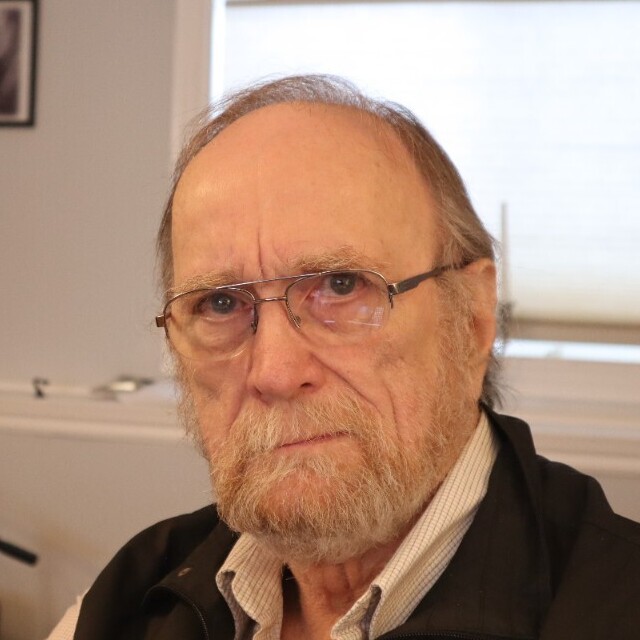Our Team
Our highly experienced team and proven approach emphasize engagement, credible, measurable results, and the incorporation of performance-enhancing sustainable thinking into everyday business decisions. EarthShift Global’s team helps front-line practitioners, top-level executives, academic researchers, and policymakers worldwide effectively advance their sustainability by providing life cycle assessment software, consulting services, onsite and online training, and coaching.
Interested in joining our team? Check out open job postings here.
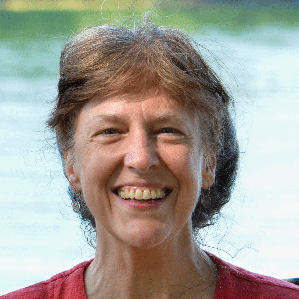
Lise is a pioneer in Life Cycle Assessment (LCA) and Sustainable Return on Investment (S-ROI). She founded EarthShift in 2000, adopting these methodologies to support industries’ efforts at advancing their sustainability. Lise continues to develop and leverage EarthShift Global’s training, LCA tools and S-ROI tools to build organizational capacity and drive large-scale change. Her unique skillset and knowledge base has put her in demand globally by companies, organizations and governments alike.
Lise initiated the LCA Roadmap, working with the joint ACLCA/SETAC Life Cycle Assessment Interest Group. She was a member of the UNEP SETAC Life Cycle Initiative team working on Organizational LCA (O-LCA) and advocates for a balanced, holistic approach to LCA as a board member with the American Center for Life Cycle Assessment. She is an ACLCA-accredited Life Cycle Assessment Certified Professional.
She continues to develop S-ROI, having broadened the scope from the original Total Cost Assessment methodology to include benefits and impacts to society, and in particular how a decision can be adapted to be a win-win-win solution for all stakeholders. Under Lise’s guidance, the technical team at EarthShift Global produces high-quality, high-value assessments and develops new LCA techniques to benefit EarthShift Global’s clients and the broader LCA community. She also directs EarthShift Global’s software development and support and teaches advanced training courses in LCA, social impact assessment, and S-ROI.
Lise received the 2017 Rita Schenck Lifetime Individual LCA Leadership Award at the LCA XVII ACLCA Conference. In her acceptance speech, Lise reminded everyone that there is still work to do, and challenged the audience to find positive cascading non-linear solutions to help with the world's problems.
Lise is board member of the Sustainability Conocente Network, a member of the board of directors for the ACLCA, and a member of the steering committee for the ACLCA Technical Committee. She holds a BS in Physics from Yale University.
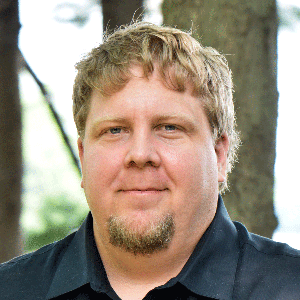
Nathan brings an interdisciplinary approach to his work, along with a strong background as a professional consultant, academic researcher, and instructor.
He is an ACLCA-accredited Life Cycle Assessment Certified Professional, and has been working as a senior LCA analyst for Canadian and U.S. clients since 2009. He leads EarthShift Global’s consulting services and research by conducting LCAs, chairing ISO critical reviews, developing and delivering LCA training courses, and contributing to software development. Nathan also has experience with other environmental management tools such as Environmental Impact Assessment and has previously worked for government environment departments in Canada.
Nathan graduated from Dalhousie University’s Interdisciplinary Ph.D. program. His research includes the use and refinement of LCA to assess emerging wood-based bioenergy systems as substitutes for conventional fossil fuels, and a critical analysis of the potential for these types of alternative technologies to contribute to global sustainability. In a related role, Nathan has also worked as a sessional instructor for a range of undergraduate and graduate university courses in sustainability, industrial ecology, and LCA.
Nathan is recognized for his excellent teaching and communication skills and is frequently invited to deliver guest lectures and has presented his work at several industry conferences.
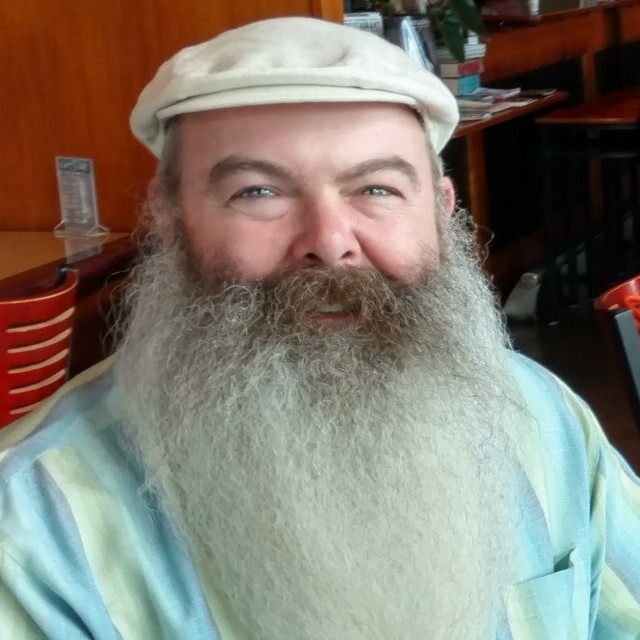
Tom is an expert in the application of life cycle assessment and carbon footprint analysis in support of business strategies, corporate sustainability, and sustainability reporting. He had a 25-year career at HP, Inc. in which, for the last 10 years, he served as Worldwide Life Cycle Assessment and Carbon Footprint Program Manager. In this role his responsibilities included helping to set the company’s sustainability strategy, calculating the carbon footprint of HP’s entire printing franchise annually, .and using LCA to drive HP’s circular economy goals. His work supported HP’s industry-leading CDP triple “A”, SBTi, and DJSI ratings. Tom pioneered the use of LCA on business models and the use of anticipatory LCA in support of product design, improvement and market creation for new and existing products and services.
Prior to his role in LCA and sustainability he worked in research and development in projects as diverse as molecular memory, photonic crystals, quantum dot inks, and printed electronics as well as reliability for HP’s inkjet print heads.
Tom is a member of the editorial board of ecoinvent, is the Vice-Chair and Secretary for the ACLCA Board, directs the LCA Institute for ACLCA, and is the past chair of the Research and Conservation Committee of the American Orchid Society. He holds a bachelor’s degree in chemistry from the University of West Florida and a PhD in chemistry from the University of Chicago. He did post-doctoral work at Rice University and was the HP Visiting Scholar at MIT. Tom’s work has led to 10 patents and 20 presentations and publications.
Tom received the 2022 Rita Schenck Lifetime Individual LCA Leadership Award at the 2022 ACLCA Conference. He is an honorary member of the faculty of the school of Mechanical, Industrial, and Manufacturing Engineering at Oregon State University
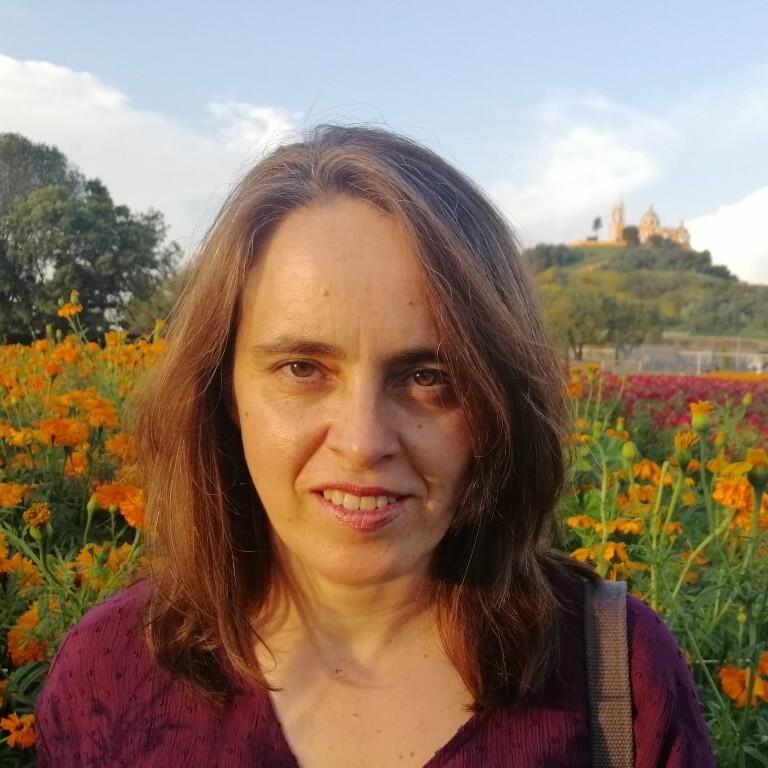
Amalia Sojo brings over two decades of sustainability and life cycle assessment (LCA) experience, project management skills, and an extensive background in LCA software training and support to her work on behalf of our clients.
She was affiliated with Centro de Análisis de Ciclo de Vida y Diseño Sustentable (CADIS) from its inception in 2005 until 2022, helping build it into a leading life cycle management firm and working with companies, government agencies, and academic clients across Mexico, Latin America, and the Caribbean. Her efforts included integration of economic, environmental, and social considerations in large-scale projects.
While handling a wide range of roles for the organization, she over time increasingly focused on the company’s sales and support for SimaPro LCA software, including advising and problem-solving with clients, managing the training team, and developing user-oriented training courses aimed at making LCA methodology widely accessible.
Amalia holds a bachelor’s degree in industrial engineering, and two master’s degrees: one in environmental engineering and management, and another in ecological economics and environmental management. She has also completed post-graduate diploma courses in sustainable development and big data & data mining.
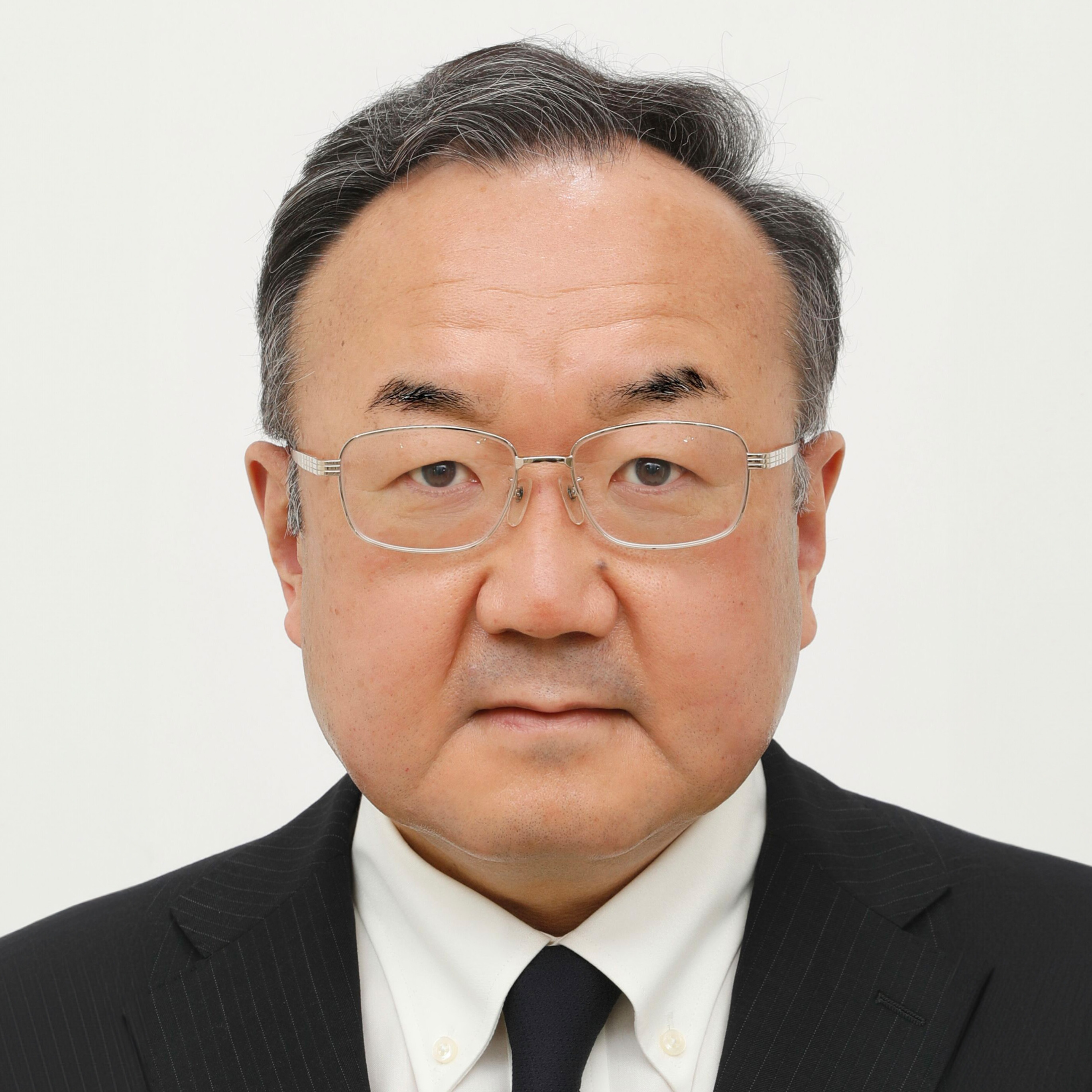
Dr. Kiyotada Hayashi comes to us from Japan’s National Agriculture and Food Research Organization, where he has held increasingly higher-ranking positions, serving most recently as senior principal researcher. He brings 35 years of experience in agricultural research and policy development, including more than two decades of focus on sustainability and life cycle topics.
Since 2004, Kiyotada has received a steady series of sustainability-oriented grants from the Japan Society for the Promotion of Science’s Grant-in-Aid for Scientific Research program. “Through these projects, I was able to deepen theoretical studies on LCA, including a decision-analytic approach to LCA and the impacts of land-use change on biodiversity within LCA,” he says.
He has also played a prominent role in biomass-oriented projects supported by Japan’s Ministry of Agriculture, Forestry and Fisheries (MAFF), with a focus on “how to resolve real-world problems by applying LCA and sustainability assessment. In one of those projects, I had the opportunity to collaborate with Lise Laurin and get a clearer understanding of the importance of providing support for people’s decisions and behavior; it also increased my appreciation of the value of consulting practices.”
Kiyotada's educational accomplishments include doctoral, master's, and bachelor's degrees in agricultural science from Gifu University.
Read Kiyotada's CV here
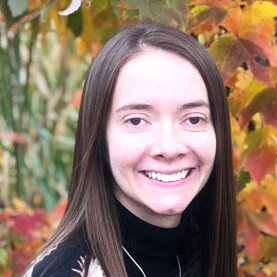
Juanita Barrera is based in Bogotá, Colombia; her work for EarthShift Global is primarily focused on life cycle assessment (LCA) studies for a range of clients. She holds an M.Sc. degree in Industrial Ecology from the Universities of Leiden and Delft in the Netherlands.
Juanita’s background includes evaluation of alternatives to recovering chromic acid from the water used for the production process of tin-free steel, and potential water reuse in the production cycle, and many projects related to the calculation of the Global Warming Potential of Biogenic Carbon Flows. She has also worked on projects for quantifying impacts and benefits related to Land Use Change.
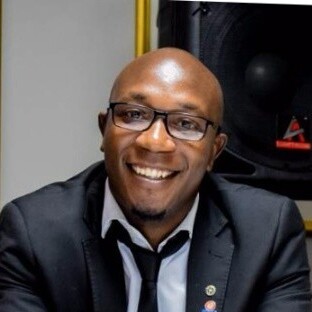
Dr. Amos Ncube is a seasoned sustainability and environmental management professional with 10 years of global experience. He offers managerial and technical expertise to industries, governments, and international agencies. Amos has successfully executed various projects and industrial environmental initiatives across Europe, North America, South Asia, and Southern Africa.
His notable contributions include significant work within the EU's ReTraCE program, where Amos applied methods like LCA and EMergy accounting to analyze diverse industrial sectors. His research has resulted in impactful journal publications which can be found on his ResearchGate page. With a background in consulting for the Zimbabwe National Cleaner Production Centre, Amos provided crucial guidance on environmental protection and compliance.
As a Marie-Curie fellow, Amos holds a PhD in Circular Economy and Sustainability, earned through intensive research on the potential environmental implications of transitioning to Circular Economy and Bioeconomy models across industrial and non-industrial sectors. He holds other degrees from the University of Zimbabwe and Tomsk Polytechnic University (Russia), underscoring his comprehensive expertise in the field and international exposure.
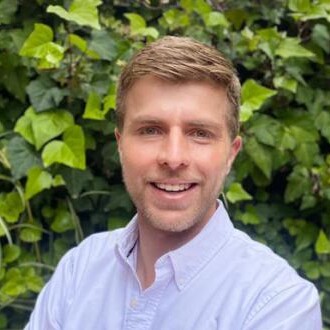
Miguel Hernandez is an experienced project leader in consumer packaged goods R&D. He worked for six years at Detergentes LTDA in Bogotá, where he helped develop TOP Terra, Colombia’s first eco-friendly home care products brand, oversaw recovery and management of over 50 tons of packaging, and generated millions of dollars in annual savings through improvements in formulation, packaging, and processes. He earned a bachelor’s degree in Chemical Engineering from Universidad de los Andes in Bogotá, and a master’s degree in Environmental Management from the same university’s Business School. Miguel is based in Bogota, Colombia.
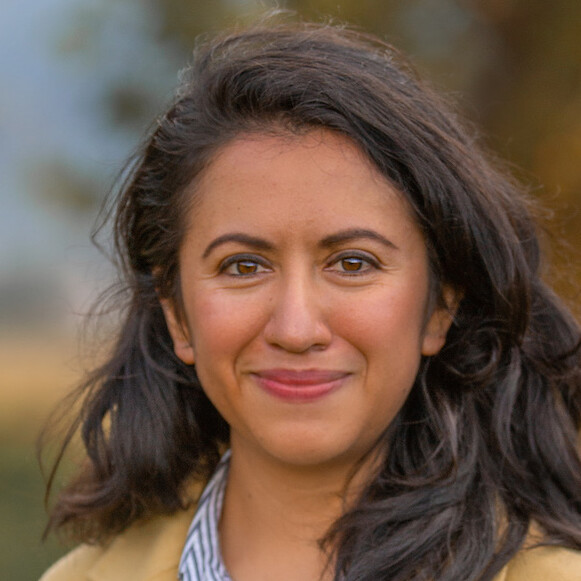
Mariana joined EarthShift Global after building a thriving sustainability consulting practice focused on agriculture, forestry, livestock, and fishing, with special attention on mapping of stakeholder perspectives.
“These sectors attract me because they’re the basis of sustenance, and encompass so much that is alive, beautiful, and meaningful,” explains Mariana, who holds a bachelor’s degree in environmental engineering and a master’s in industrial ecology.
Her specialty is the relationship between natural resources, climate change, and public policy. On behalf of clients like the World Bank Group for National Institute of Ecology and Climate Change, the Mexican Fund for Nature Conservation, and Mexico’s Ministry of the Environment she has pursued problem-solving and development of implementation schemes that emphasize innovation, communication, and understanding of socio-ecological systems.
She cultivated the connection as an undergraduate at UPIBI-IPN Instituto Politécnico Nacional & Técnico in Mexico City, where she calculated farm GHG emissions in an industrial ecology research project, and later working at the Mexican arm of the United Nations Food and Agriculture Office.
She subsequently conducted projects for consulting firms (CINPRO, MGM Innova), government agencies, and as a climate change specialist at the NGO founded and led by Nobel Prize-winning atmospheric chemist Mario Molina (https://centromariomolina.org/english2/).
While earning her master’s degree at Leiden University – TU Delft & Graz University in the Netherlands, Mariana met and befriended a future EarthShift Global colleague: analyst Juanita Barrera.
Mariana’s active volunteer work includes research and communication for the Alliance for Our Tortilla (http://www.ipsnews.net/2018/05/mexico-want-put-tortillas-table/), which supports and preserves traditional methods for producing tortillas, a source of low-cost nutrition that is central to the gastronomy of Mexico and other countries.
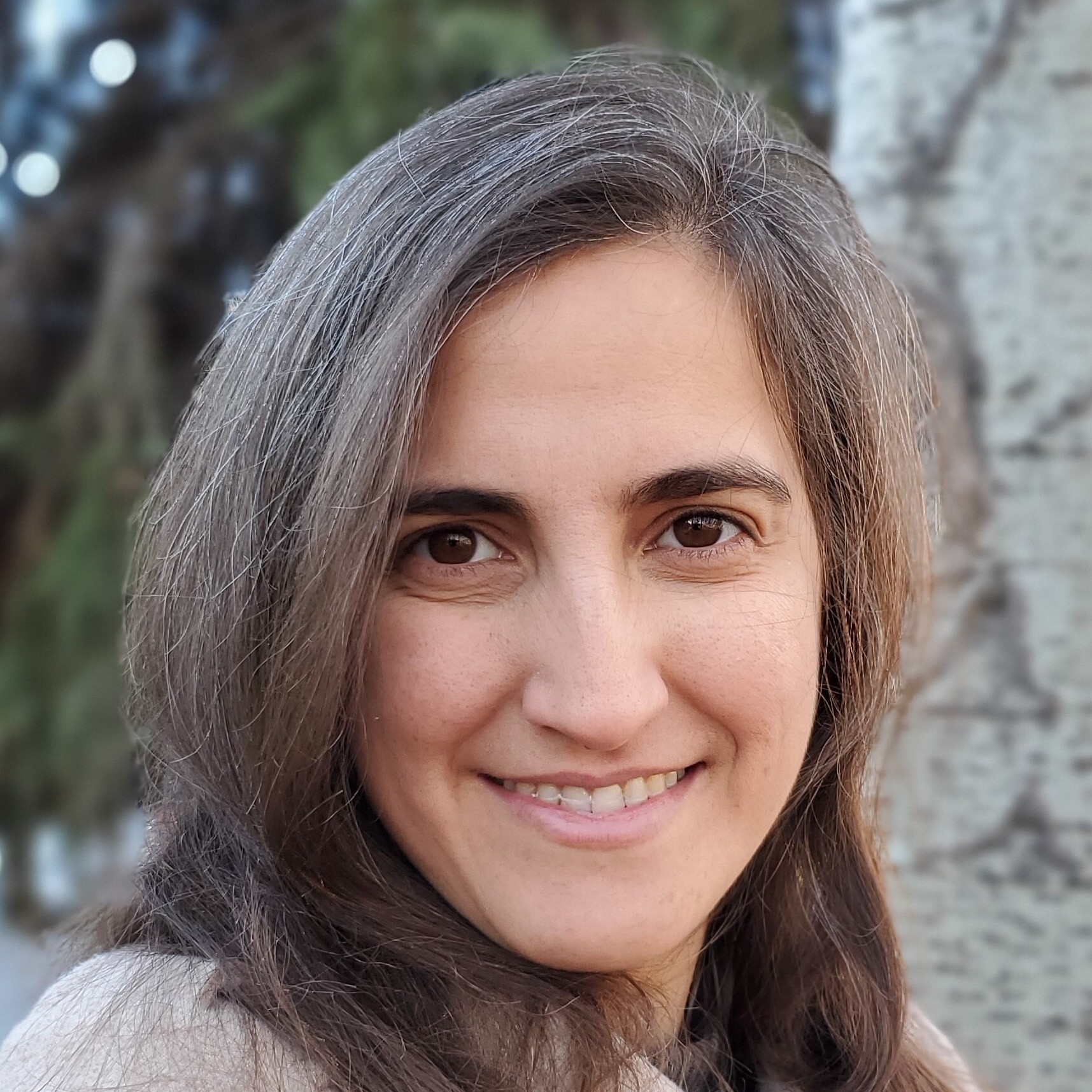
Trained in materials engineering and industrial management, Zeynab Yousefzadeh brings to us a unique combination of engineering, management, and data skills, and a record of successfully advancing sustainability in a mining-oriented industrial organization.
That organization, Iran China Clay Industries Co., is a major supplier of Kaolin (white clay) to a range of industries across the Middle East. Zeynab joined it in 2005 after earning a materials engineering degree from the University of Tabriz. She quickly began applying her skills to help better integrate the organization’s sales and production departments while also spotting opportunities for waste reduction that could help build new business lines.
Accomplishments included utilizing lower-grade clay that had to be removed to reach deeper higher-grade material; the lower-grade clay’s different colors proved useful in producing face brick for buildings. She also helped integrate into paint production fine high-quality clay that was a byproduct of processing and had not previously been collected. But the largest advance was her R&D contribution to adopting silica sand waste for making aerated autoclaved concrete (AAC). This type of brick is an increasingly popular lightweight material with a number of sustainability advantages for building construction, especially in areas with high temperature variation.
Between 2019 and 2021, under the supervision of Dr. Shannon Lloyd, Zeynab earned a second master’s degree from Montreal’s Concordia University; her thesis was on Prospective Life Cycle Assessment in Surface Engineering. In her research she served as an LCA analyst for Green Surface Engineering for Advanced Manufacturing, leading several full-scale comparative environmental LCAs and receiving Concordia’s Sustainability Research Award for her project, Dissemination of Life Cycle Assessment Methods to Surface Engineering Researchers.
In addition to her sustainability engineering work, Zeynab writes environmentally focused articles for MÉDAD Persian E-magazine of Montréal and has also developed a series of outdoors videos with her partner Hani Sadati.
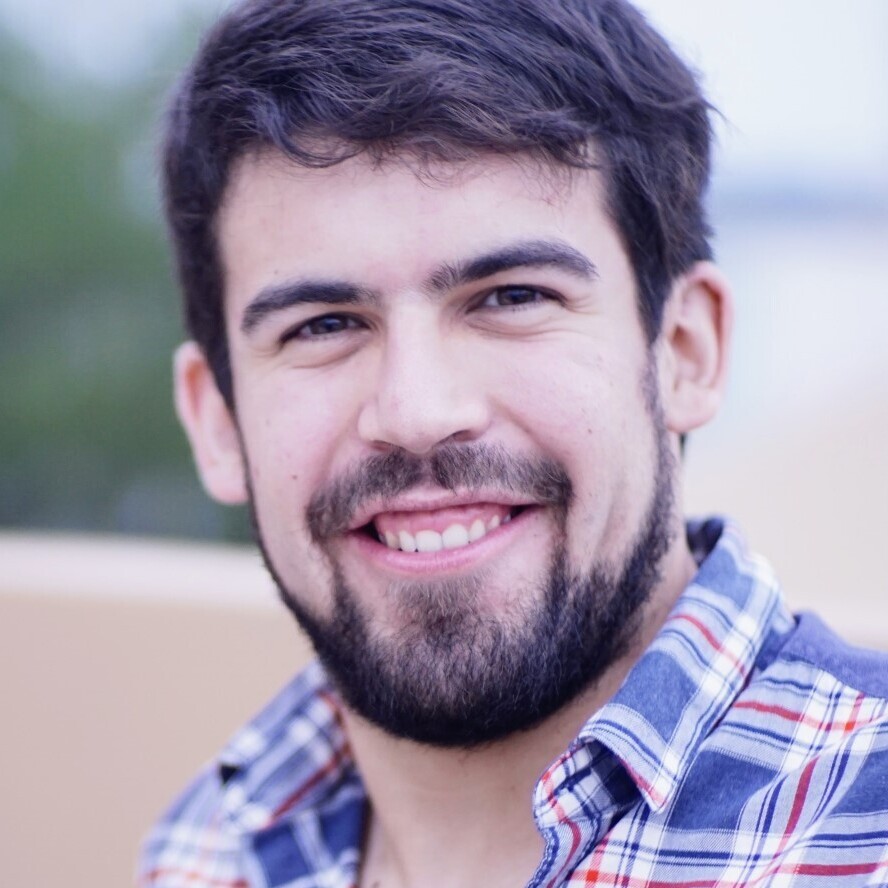
Joel Bonales Revuelta, based in Morelia, Michoacán, Mexico, has a background in life cycle assessment (LCA), carbon footprinting, and impact evaluation in a diverse range of sectors, including agriculture, food, construction, and telecom. He earned his bachelor’s degree in environmental sciences and master’s in sustainability sciences from the Universidad Nacional Autónoma de México (UNAM), and brings an interdisciplinary approach to his work, drawing on knowledge of biology, geography, political science, economics, and engineering, some of which was developed in coursework with EarthShift Global senior sustainability analyst Amalia Sojo.
Joel’s master’s thesis covered environmental and economic assessment of a waste-to-energy system based on waste orange peels as feedstock, and his publications include an LCA-based evaluation of environmental aspects of orange production and a literature review of LCAs on forest-derived solid biofuels. His work at SAMBITO - Soluciones Ambientales Totales, an Ecuador-based environmental consulting and solutions company, involved life cycle inventories, impact evaluations, and other projects for clients in a range of sectors, including the cement industry.
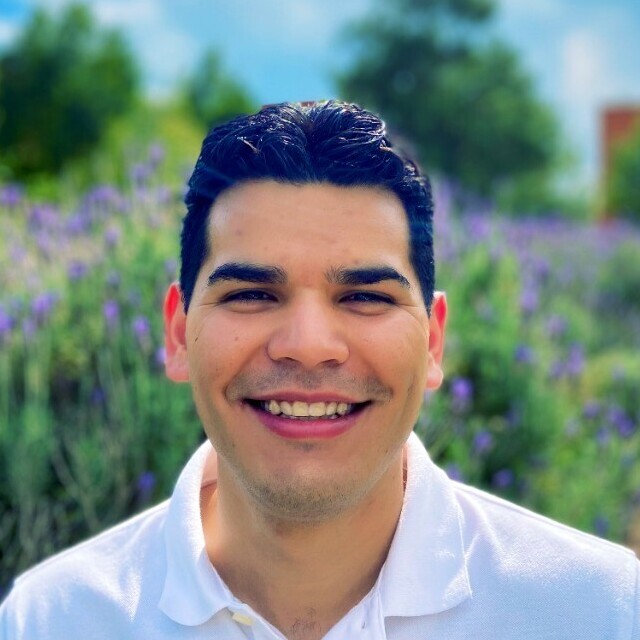
César Camou’s LCA background includes projects for large and small organizations in diverse sectors of the economy, including biofuels, electronics, and agriculture. He managed a major study of mezcal production for the state of Michoacan, Mexico, that involved dozens of stakeholders, including agave growers, distillers, marketers, and government agencies, and says his greatest professional satisfaction comes from “seeing methodologies developed through an LCA being used for decision-making at the start of a planning phase — I’m excited that the next generation of large companies is interested in making sustainability one of their growth pillars.”
He earned both a bachelor’s degree in Sustainable Materials Science and a master’s in Sustainability Science at the Universidad Nacional Autónoma de México. César’s studies and teaching work in materials science and engineering led to his co-authorship of a book chapter focused on sustainability in materials, particularly the decision-making process for new technologies and components.
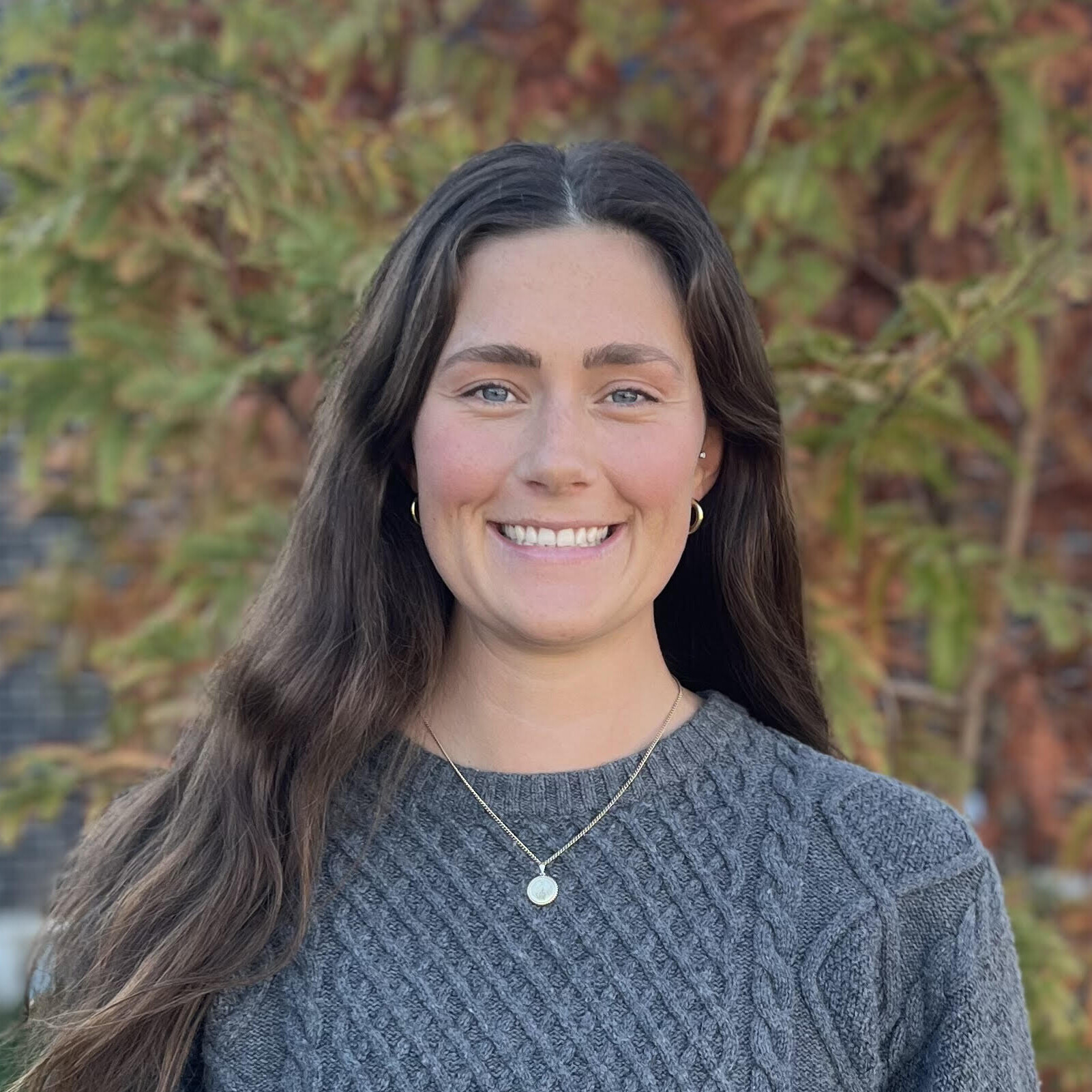
Sarah brings a valuable combination of academic and practical LCA training and experience. She has conducted life cycle assessments for various products and processes to assess their environmental impacts, including greenhouse gas emissions, energy consumption, human health impacts, and resource use. This work required the management of large datasets and application of statistical analysis techniques to interpret life cycle data, draw meaningful conclusions, and identify improvement opportunities for companies in several industries.
Sarah contributed to the development of summary reports and recommendations relating to low carbon fuels regulations and funding programs in Canada, at both the provincial and federal level, providing clarity on an evolving regulatory landscape.
Sarah's academic research includes a project on air transport in the lobster industry, and the climate impacts of beef in Nova Scotia. This project required the interviewing of farmers, government employees, and other stakeholders on current beef cattle systems in Nova Scotia and the research of beneficial management practices to minimize the climate burden of the beef industry.
Sarah earned her bachelor's from Davidson College, with dual majors in Biology and Environmental Science where she also played Division I basketball. She earned her master’s in Resource and Environmental Science from Dalhousie University.
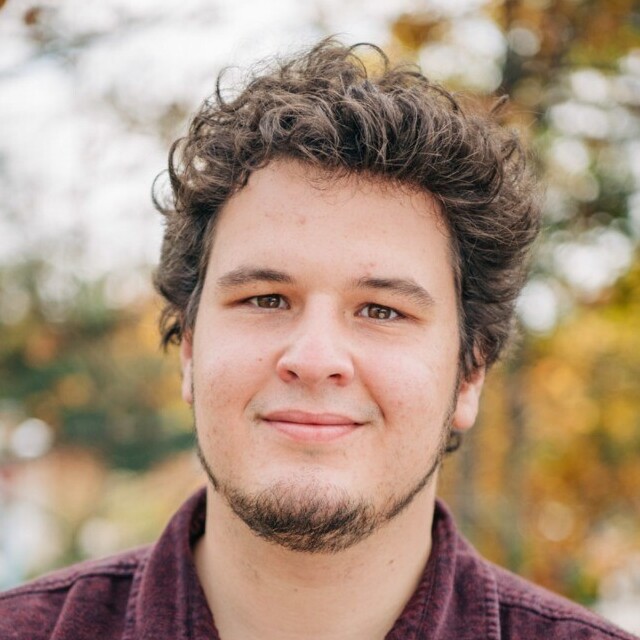
Nowell Stoddard initially joined EarthShift Global as an intern in support of the IC Circularity project with NIST and has contributed to the research and publication of the project results. Prior to joining ESG, Nowell taught math & science at the high school and collegiate levels.
He earned a bachelor’s degree in Physics from Bard College and is expected to complete his master's degree in Physics from Radbound University in 2024. His master's thesis was on
Phase and Variance Effect on Reactivation: An analysis of place cell reactivation in sleeping mice considering cell phase-type and spatial variance representation in sharp wave ripples.
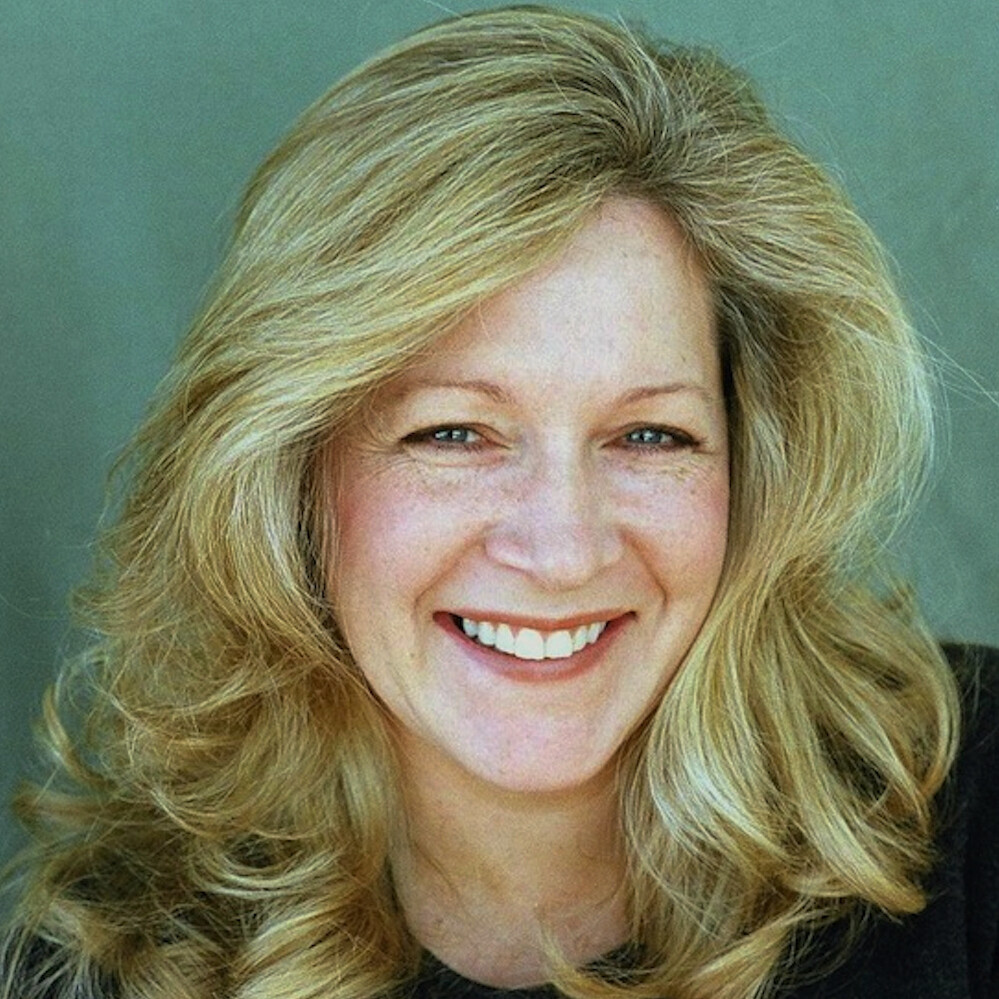
Karen has over 25 years of marketing, product development, strategy, and business management experience and has been active in sustainable business for over two decades. Her career includes leadership positions at Stonyfield Farm and Seventh Generation where she was responsible for the brand foundation, strategy, and national rollout of these two widely recognized leaders in sustainable business.
She also has extensive academic teaching experience in sustainable business, marketing, and entrepreneurship. She served as Professor of sustainable business and director of the Sustainable MBA program at Green Mountain College, the nation’s leading college for sustainability, and as President of the Harvard Business School Green Alumni Network.
Karen supports ESG clients with strategy, marketing, communications, new product development, reporting, materiality assessments, and organizational design.
She earned an MBA from Harvard University and a BA from Dartmouth College.
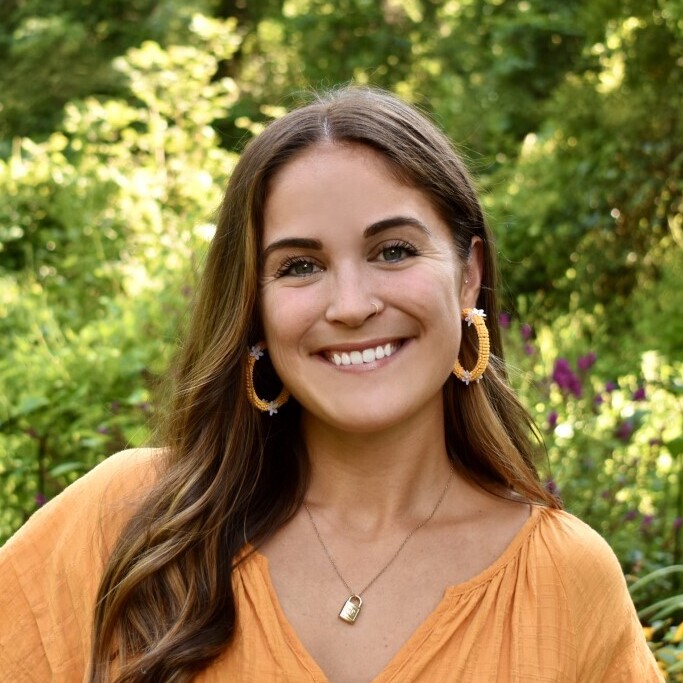
Tess applies a combination of scientific knowledge and experience in art, design, and teaching to the development of data visualizations that uncover insights and convey essential findings to broad audiences.
She conducted extensive laboratory, computational, and field work while earning BS degrees in Biology and Environmental Science from LaSalle University and an MS in Computational and Integrative Biology from Rutgers University, and is a longtime artist and designer.
Tess provides value added support to EarthShift Global’s sustainability consulting and clients, and development of EarthShift Global software tools.
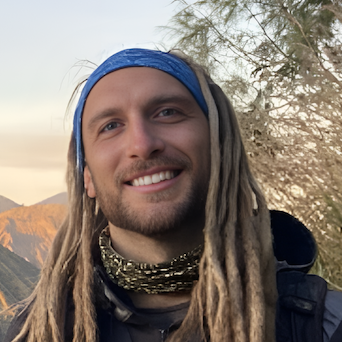
Brad brings a comprehensive approach to his work, combining scientific research, effective communication, and business development.
Brad earned a B.S. in Biology from Salisbury University and a B.S. in Environmental Science from the University of Maryland Eastern Shore before completing an M.S. in Coastal Marine & Wetland studies at Coastal Carolina University.
His professional career is outlined by sales leadership in photovoltaic and renewable energy along with experience in battery and energy storage systems. Before this experience, he spent time studying and working in sustainable aquaponics.
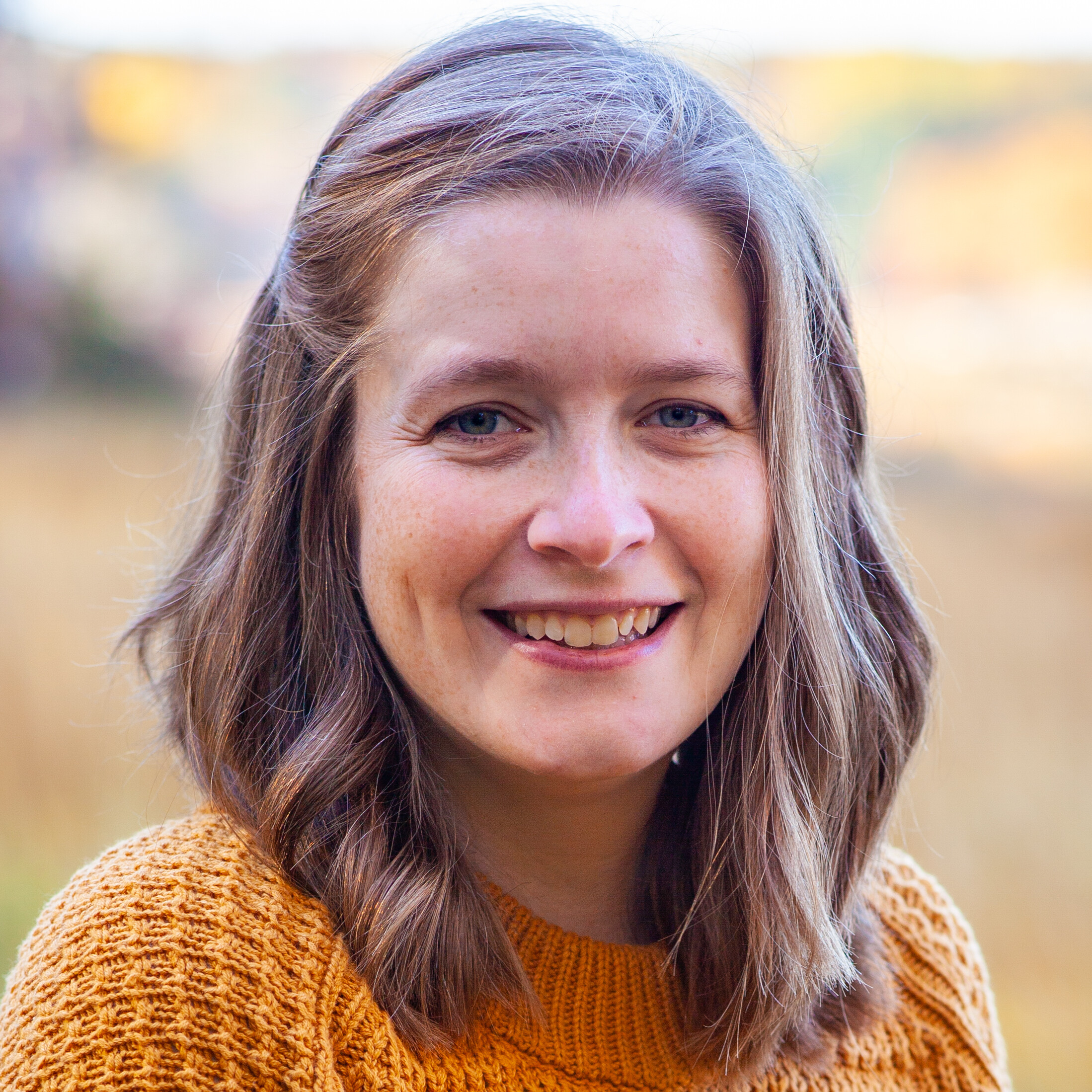
Laura, based in New Hampshire, has a passion for the environment and all things outdoors. As EarthShift Global’s Project Coordinator she supports both the business development and consulting teams. Prior to her current position she worked as an administrative assistant for a large publishing company. She holds a bachelor’s degree from the University of New Hampshire in Art History and Studio Art. She brings a creative spirit to her work through her experience as a visual artist.
